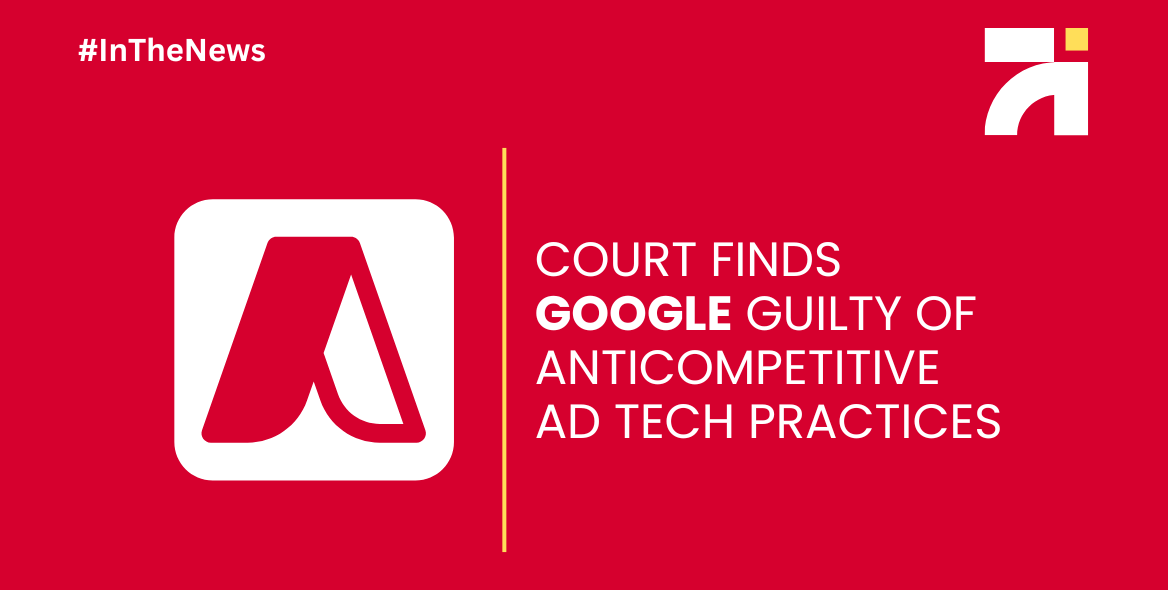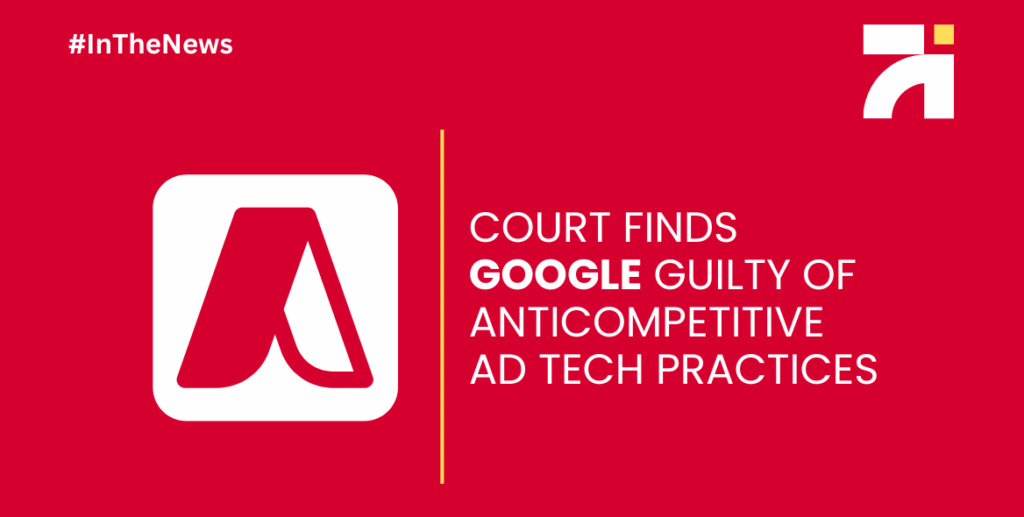In a major shake-up for the digital marketing world, a U.S. federal judge has ruled that Google maintained an illegal monopoly in the digital advertising market—a decision that could drastically change how ads are bought and sold online.
This ruling comes from a lawsuit filed by the U.S. Department of Justice (DOJ) and 17 states, accusing Google of violating antitrust laws by unfairly dominating the digital ad tech space.
⚖️ The Heart of the Case: What Did Google Do?
The court found that Google abused its market power in two key areas:
Publisher Ad Servers (where publishers manage their ads)
Ad Exchanges (where ad buyers and sellers meet)
Specifically, the court said Google illegally tied its ad server (DFP) to its ad exchange (AdX), forcing publishers to use both if they wanted access to valuable Google Ads demand. This gave Google an unfair advantage and shut out competition.
📊 Market Control by the Numbers
Google held 91% market share in publisher ad servers (2018–2022)
Google’s AdX managed 54–65% of all ad exchange transactions
Competitors were nine times smaller
Google consistently charged a 20% fee for using its ad exchange, double what others charged
The judge noted that such pricing power and market dominance are clear signs of monopoly behavior.
🗨️ What the Judge Said
Judge Leonie Brinkema stated:
“Google’s publisher ad server DFP has a durable and predominant share of the market that is protected by high barriers both to entry and expansion.”
She also compared Google’s control to a financial firm owning the stock exchange, saying:
“By tying DFP to AdX, Google took advantage of its ‘owning the platform, the exchange, and a huge network’ of advertising demand.”
🧑⚖️ Case Timeline and State Support
The DOJ filed the lawsuit in January 2023, joined initially by 8 states.
Eventually, 17 states became part of the case.
Michigan Attorney General Dana Nessel said the case was important because:
“Google’s power pushed smaller ad tech firms out of the market or made them dependent on Google.”
🧩 What This Means for the Industry
This ruling has the potential to reshape the digital advertising ecosystem, impacting publishers, advertisers, and agencies alike.
For Publishers:
May gain more freedom and better revenue if Google’s control weakens
For Advertisers:
Could benefit from lower ad fees, better transparency, and more choices
For Marketing Agencies:
Diversifying ad strategies beyond Google will become more important
⏭️ What Happens Next?
The court hasn’t yet decided on penalties.
Possible outcomes include breaking up Google’s ad tech business—a massive change.
Google has announced plans to appeal, meaning the legal battle may continue for years.
🧠 Final Thoughts
This is one of the most significant antitrust rulings in tech in recent years. If enforced, it could level the playing field, open up new opportunities for smaller ad tech players, and bring more fairness and transparency into how digital ads are bought and sold.
Marketers, agencies, and brands should closely monitor this case—it could reshape the tools and platforms we all rely on.





